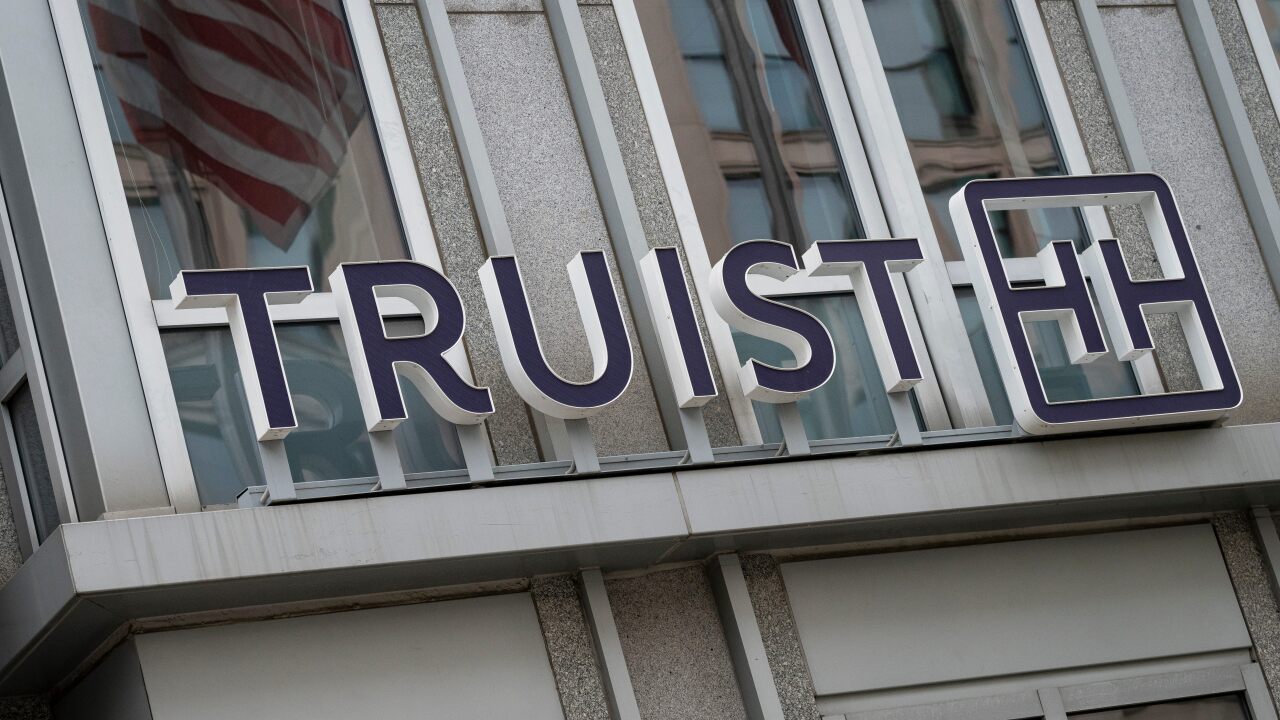A rebound in real estate development income helped fuel a 70% increase in MAF Bancorp's quarterly earnings.
The Clarendon Hills, Ill., company earned $4.3 million in its fourth quarter, ended June 30.
"Last year they had a less-than-stellar quarter," said Robert C. Ollech, an analyst at Howe Barnes Investments Inc., Chicago. "This year they're back on track."
The $1.8 billion-asset company's net income per share of 81 cents and $2.80 for its fourth quarter and fiscal year, respectively, surpassed Howe Barnes' estimates of 66 cents and $2.65, he said.
For its fiscal year, MAF reported record net income of $15.0 million, up from $13.5 million the previous year.
For the quarter, total noninterest income increased 73%, to $4.8 million.
That included $2.5 million from real estate development operations, up from $594,000 a year earlier, when the company ran out of lots to sell, said Jerry A. Weberling, executive vice president and chief financial officer of the holding company and its Mid America Federal Savings Bank. MAF's real estate subsidiary improves undeveloped land for sale to local builders as residential properties.
This year, more lots have been available from a new development project, he said.
Mr. Ollech said he expects real estate development volume to continue at current levels. "That's really their bread-and-butter business," he said.
Another contributor to the jump in noninterest income was a rise in deposit account service charges to $1 million from $662,000 a year ago. MAF has opened about 18,000 new checking accounts since it began marketing free accounts in April 1994.
In addition, net interest income increased 18%, to $11 million, for the quarter.
As the company enters its new fiscal year, "our outlook is for continued good earnings," Mr. Weberling said. "The real estate should remain healthy as long as interest rates remain fairly stable, and the margin should hang in there fairly well."
The recent drop in interest rates has spurred activity in fixed-rate mortgages, which will increase sales into the secondary market, he said.





